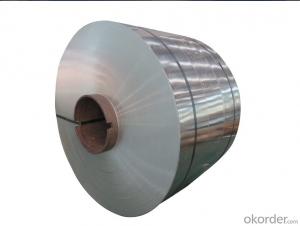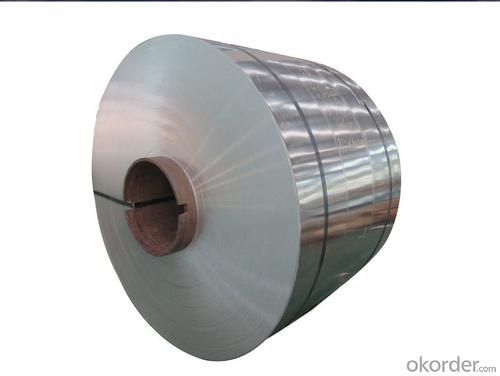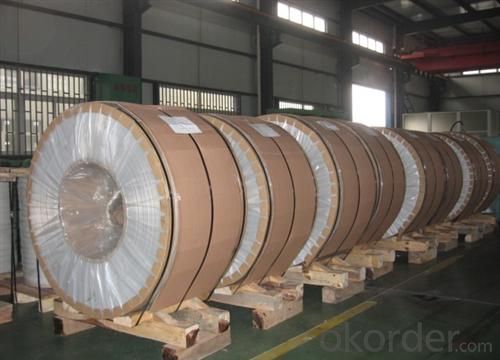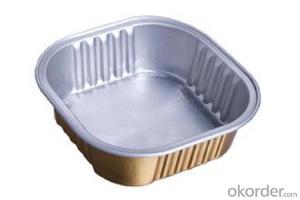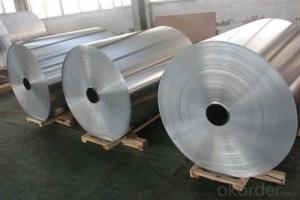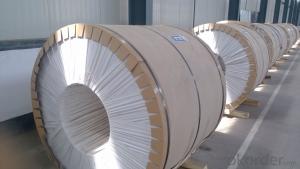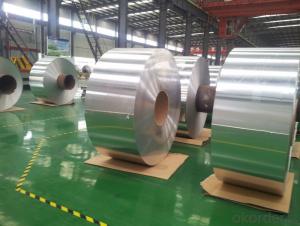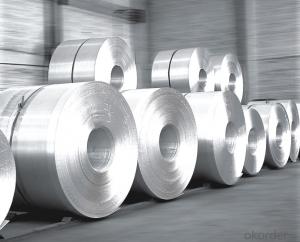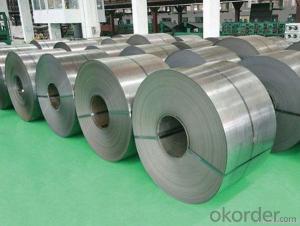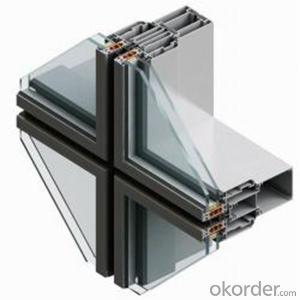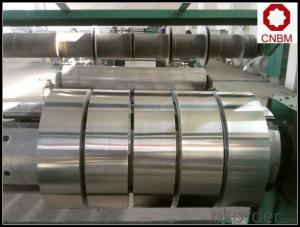Best Aluminum Coil Slitter Quotes for 6083 T5 Aluminium Plates/Coils from China
- Loading Port:
- Shanghai
- Payment Terms:
- TT OR LC
- Min Order Qty:
- 5 m.t.
- Supply Capability:
- 90000 m.t./month
OKorder Service Pledge
OKorder Financial Service
You Might Also Like
Specification
Specifications
low price with high quality
free sample
efficiently and professionally delivery
good service
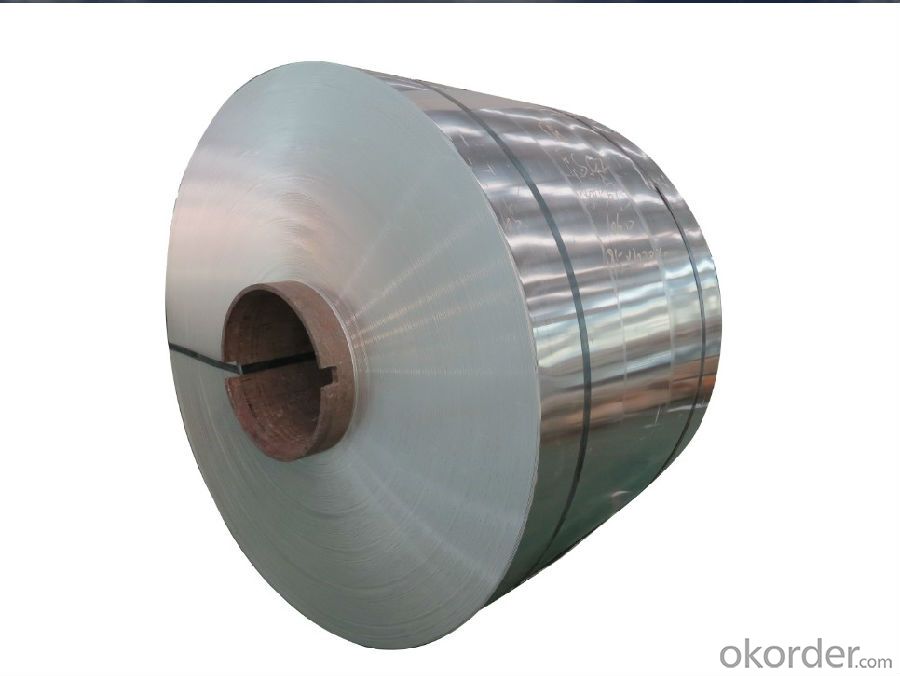
aluminum coil 1050 1060 1070 1100 1235 | | |||
Alloy | Thickness(mm) | Width(mm) | Temper | DC or CC |
0.2-4.0 | 20-1500 | O,H12,H22,H14,H24,H16,H26,H18 | DC, CC | |
4.0-12.0 | 1000-1900 | H111,H112 | DC | |
Application | Mainly in printing(PS plate base), Aluminum-plastic composite panel base, construction, decoration, capacitor, cover material, deep drawing products, refrigeration, air conditioner, automobile etc. | |||
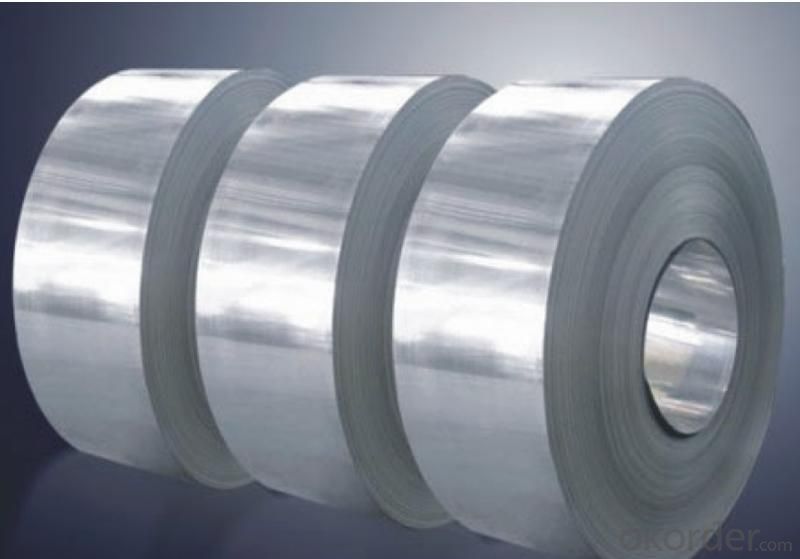
6000 series aluminium plate
Aluminum Sheet Number Plate offer a remarkable spectrum of design opportunities to benefit consumer electronics manufacturers. The light weight materials enable you to trim precious ounces, coupled with high strength to make smaller, thinner components attainable. But while they score high marks for function, these alloys also take on an outstanding variety of looks and feels— a multitude of alternatives for creating and updating handheld devices and technologies for the home.
Application: Architectural sections for windows, doors, curtain walls. Interior fittings, frame systems, lighting, ladders, railings etc. Heat sink sections, electronic modules, electro motor housings. Flexible assembly systems, special machinery elements; Truck and trailer flooring, pneumatic installation, railway, inside applications. Irrigation pipes. Furniture, office equipment. Radiator and other heat exchanger applications
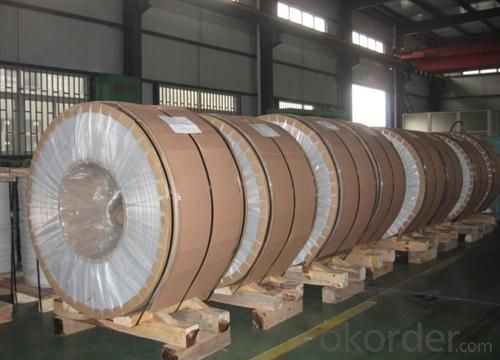
- Q: The canoe is aluminum. It has some paint remaining on it from what i am assuming is the original factory paint. The paint is just in patches, so my question is do i sand only where the paint is, or the whole canoe? Will sanding the aluminum damage it? Or should I not sand it at all, and just use paint stripper? After getting the old paint off, what kind of primer should i use? or is it not necessary to prime? What kind of paint should I use? I plan on it being multi tone(a leafy camo, of olive drab, flat black, and a gray tone).
- ...if you paint it black, it'll never tip.
- Q: What do the two items (COIL:873347 HEAT: number) on the label of the raw material of aluminum coil stand for?
- COIL means aluminum coil and HEAT means heating, so together they mean hot rolled coil.
- Q: How are aluminum coils joined or welded?
- Aluminum coils can be joined or welded using various methods depending on the specific application and desired outcome. Some common methods include: 1. Mechanical fastening: This involves using bolts, screws, or rivets to physically fasten the aluminum coils together. Mechanical fastening is a simple and cost-effective method, suitable for joining thin coils or for temporary connections. 2. Adhesive bonding: Adhesive bonding involves using specialized adhesives to bond aluminum coils together. This method provides a strong and durable joint, with the added advantage of distributing stress evenly across the entire bond area. Adhesive bonding is commonly used in applications where aesthetics, weight reduction, or vibration dampening are important considerations. 3. Resistance welding: Resistance welding utilizes an electric current to generate heat and pressure at the joint, effectively welding the aluminum coils together. This method is particularly suitable for high-speed production lines and can provide a strong and reliable joint. However, it requires specialized equipment and is not suitable for all types of aluminum alloys. 4. Laser welding: Laser welding is a precise and efficient method that uses a laser beam to melt and join the aluminum coils. This technique allows for precise control of heat input, resulting in minimal distortion and excellent weld quality. Laser welding is commonly used in industries where high precision and aesthetic appearance are crucial, such as automotive and aerospace. 5. Friction stir welding: Friction stir welding is a solid-state joining process that uses a rotating tool to generate heat and friction, effectively welding the aluminum coils together without melting the material. This method produces strong and high-quality welds with minimal distortion and no need for additional filler material. Friction stir welding is commonly used in industries where excellent mechanical properties and high productivity are required, such as shipbuilding and railway construction. Overall, the choice of joining or welding method for aluminum coils depends on factors such as the desired joint strength, application requirements, production volume, and available equipment and expertise.
- Q: Can aluminum coils be customized?
- Indeed, it is possible to customize aluminum coils to meet specific requirements. These coils possess remarkable versatility, as they can be tailored in terms of thickness, width, length, alloy composition, surface finish, and other specifications. Consequently, they find extensive utility across diverse industries, including construction, automotive, aerospace, electronics, and packaging. The customization of aluminum coils involves various processes, such as slitting, cutting-to-length, embossing, painting, and coating. This remarkable flexibility in customization empowers manufacturers to satisfy the distinct demands of their clientele, thereby ensuring that the aluminum coils are perfectly optimized for their intended applications.
- Q: Can aluminum coils be used in solar panel systems?
- Solar panel systems can indeed utilize aluminum coils. Aluminum is commonly selected as the material for frames and supports in solar panels because of its favorable combination of lightness and strength. Its resistance to corrosion, durability, and impressive thermal conductivity make it an ideal choice for enduring severe weather conditions and efficiently dispersing heat generated by the panels. Furthermore, aluminum is highly recyclable, which aligns perfectly with the environmentally conscious nature of solar energy systems. In conclusion, incorporating aluminum coils into solar panel systems enhances their efficiency, lifespan, and eco-friendliness.
- Q: This question asks for methods to check the quality of aluminum coils.
- <p>To inspect aluminum coils for quality, follow these steps: Visually inspect for any surface defects like scratches, dents, or discoloration. Measure the thickness and width to ensure they meet specifications. Check the hardness and tensile strength using appropriate testing equipment. Examine the coil's flatness and straightness to avoid issues in further processing. Assess the surface roughness and cleanliness, as these can affect the coil's performance. Conduct a chemical composition analysis to confirm the alloy type and purity. Perform a magnetic particle inspection or ultrasonic testing to detect any internal defects. Finally, ensure the coil meets the required mechanical properties and specifications as per industry standards.</p>
- Q: This question asks whether aluminum coils can be utilized in various forms and dimensions.
- <p>Yes, aluminum coils can be used in different shapes and sizes. They are versatile and can be cut, shaped, or rolled into various forms to suit specific applications. Aluminum's malleability allows it to be easily manipulated, making it suitable for a wide range of industries, including construction, automotive, and packaging. The size of aluminum coils can also vary, from small coils used for crafts to large ones used in industrial applications. The versatility of aluminum coils makes them a popular choice for many different projects and industries.</p>
- Q: Are there any restrictions on the coil length of aluminum coils?
- Yes, there are restrictions on the coil length of aluminum coils. The coil length is limited by factors such as the manufacturing process, transportation constraints, and handling capabilities. These restrictions ensure that the coils can be efficiently produced, transported, and utilized in various applications.
- Q: Will the surface of the aluminum sheet touch the water?Aluminum rolls weighing 3.463 tons,.35mm thick, 900mm wide, very tight coil, is a mechanical binding. Water does not penetrate the surface of aluminium rolls
- Do you want to ask if the water has seeped into the crevice?If you get it soon, there should be no problem. No, you can just sun it and see if there's any water coming out of it
- Q: What are the methods to prevent rust formation on aluminum coils during storage and transportation?
- <p>To prevent rust on aluminum coils during storage and transportation, ensure that the coils are clean and dry before storage. Store them in a cool, dry place away from moisture and corrosive substances. Use protective wrappings or coatings to shield the coils from the environment. Maintain proper ventilation to reduce humidity. Avoid stacking the coils directly on the ground; use pallets or racks to keep them off damp surfaces. Regularly inspect the coils for signs of moisture or damage and address any issues promptly.</p>
Send your message to us
Best Aluminum Coil Slitter Quotes for 6083 T5 Aluminium Plates/Coils from China
- Loading Port:
- Shanghai
- Payment Terms:
- TT OR LC
- Min Order Qty:
- 5 m.t.
- Supply Capability:
- 90000 m.t./month
OKorder Service Pledge
OKorder Financial Service
Similar products
Hot products
Hot Searches
Related keywords
